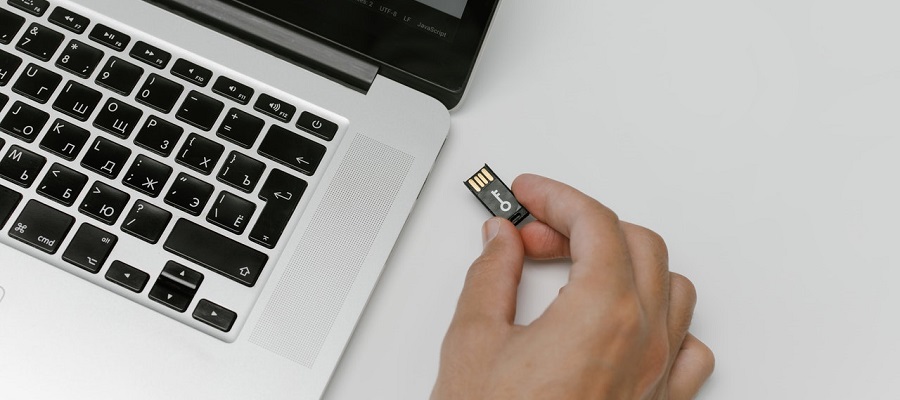Which storage medium is the safest?

Many people know that the lifespan of external storage media such as hard drives and USB sticks is limited. But which type of storage is best suited for home use?
Anyone who turns to Frank Meincke is not infrequently in despair. Most of the time it's about photos, videos, e-mails, documents. Valuable memories or even the basis of life that have gone missing. Meincke is then supposed to rescue all that, to recover the lost data from defective data carriers.
Causes of data loss
The company of the U.S. citizen is located in a small town near Schwäbisch Hall. And business is good: "Many people know they should back up their data, but they don't think about it - until one day the data is gone." Meincke tells of secretaries tripping over hard drive cables, USB sticks pulled out too soon, files accidentally deleted and a man hitting a laptop in an argument. The result in all cases: The data was gone. But man is not always to blame for data loss. The CDs, DVDs, Blu-rays, memory chips and hard drives simply don't last forever.
Manufacturers' promises not always suitable for everyday use
"The question is not whether a storage medium will eventually break, but when," says Frank Meincke. Lutz Labs, editor at the computer magazine "c't", has also been concerned with the durability of storage media for a long time. You shouldn't rely too much on the promises made by manufacturers, is his advice. Take DVDs and Blu-rays, for example: Theoretically, they can last for many decades. But for that to happen, the discs have to be stored under ideal conditions: "They can't stand light, and it mustn't be too humid or too warm." And of course they can't tolerate scratches either. Anyone who cannot meet these conditions is at risk of premature data loss.
Exact service life unknown
The same applies to most other data media. No one knows how long USB sticks, SSD storage or classic external hard drives will actually work. "A hard drive will generally last longer if it is little used," Labs says. Still, it can break even with little use: Material fatigue, manufacturing defects or just bad luck.
Risk: Technical progress
But even if a medium lasts the promised decades or even centuries, the data is far from secure, says Werner Baur. He works at the Leibniz Computing Center near Munich, focusing on long-term archiving - for libraries and universities, for example. One problem: Not only can the data carriers break, they can also simply be overtaken by technical developments. "I had stored my diploma thesis on an old floppy disk, such a huge thing of 30 by 30 centimeters," he recounts. "It was promised to last at least 30 years. But just a few years later, there were already no readers for those floppy disks." His data was lost. That's why he advises: copy data regularly to newer and more up-to-date storage media. You should also always stay up to date with the file formats, because what is common today can become obsolete - and that then makes it difficult to read out the data.
Which storage medium is the most reliable?
Which storage medium is the most secure? DVDs and Blu-rays are rather unsuitable for permanent data backup. On the one hand because they are so sensitive, on the other hand because of their relatively small volume. Lutz Labs also urges caution with USB sticks: "USB sticks tend to just fail sometimes." This is due in particular to the often dubious quality of the flash memory used in them. And flash memories, which include the increasingly popular SSD memories, have another disadvantage: "Data can actually disappear from flash memories forever and are then unrecoverable," says Frank Meincke. In the worst case, not even data rescuers like him can do anything about it.
Expert tip: External disks are safest
Data can be recovered much better from classic hard disks - which is another reason why, in Meincke's eyes, they are still the best way to store one's data securely. "External hard disks are the most sensible storage media for home use," Labs also says. On the other hand, the increasingly popular online storage, also known as the cloud, should never be used as the sole data storage device, and the experts agree on that, too. What if one day the provider no longer exists or becomes the target of a hacker attack?


